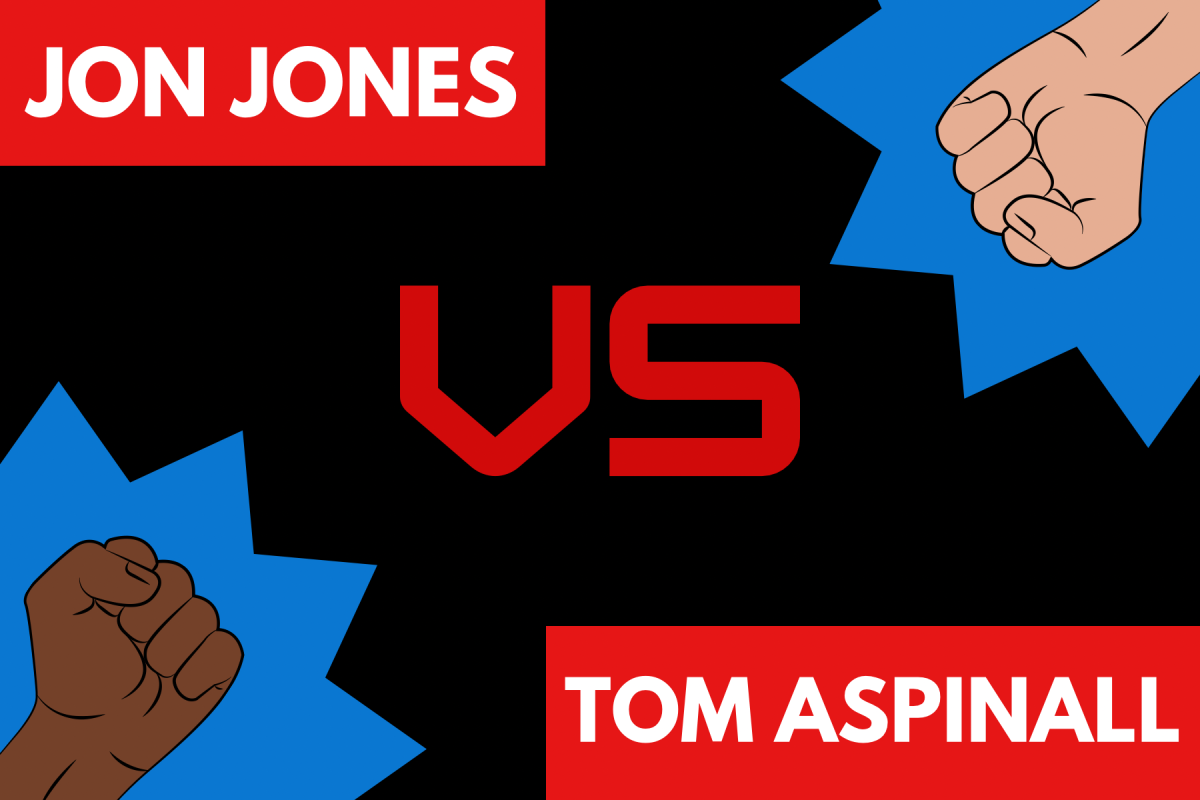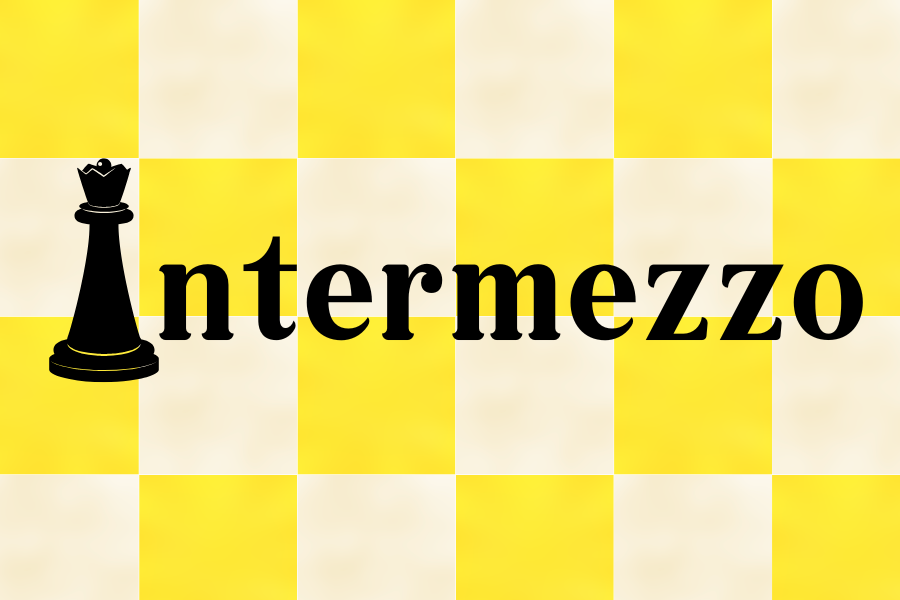Across the table sits my grandpa; his skin is brown and his hair peppered. Next to me, my cousin; her tight dark curls are tied back into a ponytail and her eyes are green. A few chairs away my youngest cousin; his skin is pale and his hair is a blonde turning brown.
In Latin America, we’re all Latinos. In Latin America, the word Hispanic is redundant. But in the U.S. Latino and Hispanic have different meanings. In Latin America, Hispano means nothing more than Spanish-speaking. However, in the U.S. it’s classified as an ethnicity and often labeled as a race.
But Hispanic should never be considered an ethnicity, much less a race.
National Geographic defines race as linked with someone’s physical characteristics (like skin color, hair texture, etc.), while ethnicity refers to someone’s cultural identity. This means shared geographic region, history, and norms.
The term Hispanic comes from the word Hispanicus: the Latin word for Spanish. Up until the late 20th century, Hispanic was mostly used to refer to Spaniards, or things relating to Ancient Spain. This changed when in 1970, the U.S. Census asked people if they identified as “persons of Spanish origin” in an attempt to identify and collect data on Latino communities. It wasn’t until 1980 that the Census reworded the question and asked people if they identified as “of Spanish/Hispanic origin or descent.”
Hispanic would not be as popular today if the U.S. Census hadn’t popularized it. At its roots, the word Hispanic is a word with heavy colonial ties.
In reality, when the word Hispanic is used in the USA it can only tell you someone links their ethnic identity to a Spanish-speaking country. This not only excludes Latin American countries whose official language isn’t Spanish, like Brazil, but it also includes Spain.
What does a Spaniard have in common with someone who identifies as Chʼortiʼ from Guatemala?
This is also the reason why so many are against calling Latino Heritage Month “Hispanic Heritage Month.” Latino Heritage Month starts on September 15th, which is the independence day for Costa Rica, El Salvador, Guatemala, Honduras, and Nicaragua. The month not only celebrates the contributions and achievements that Latinos have made, but it also celebrates Latin American independence. It’s contradictory to include Spain on a month celebrating independence from Spain.
The word Hispanic is too broad to be grouped into a single ethnic category; however, it is also very limited when we account for what people associate with it. When you search “Hispanic” on websites like Google, the stereotypical Brown, dark-haired Latino comes up.
However, that is a very narrow representation of Latino and Hispanic people.
Latino is an ethnicity, but it is not a race. A Latino is someone of Latin American descent or origin. Latin America is incredibly diverse, and not all Latinos are racial minorities. There are indigenous, mestizo, Asian, Black, and White Latinos.
The use of the word Hispanic when describing ethnicity leads to a misconception of a one-size-fits-all mentality when people think about Latinos, which can be incredibly harmful when we consider how different the experiences of POC and white Latinos are.
It’s important to be aware and really understand what we’re saying when we say Hispanic before Latino, especially when we keep in mind that Hispanic is only popular in the U.S. For many, calling themselves Latino is a way to reclaim heritage. I will always identify myself as Latina before Hispanic.




































